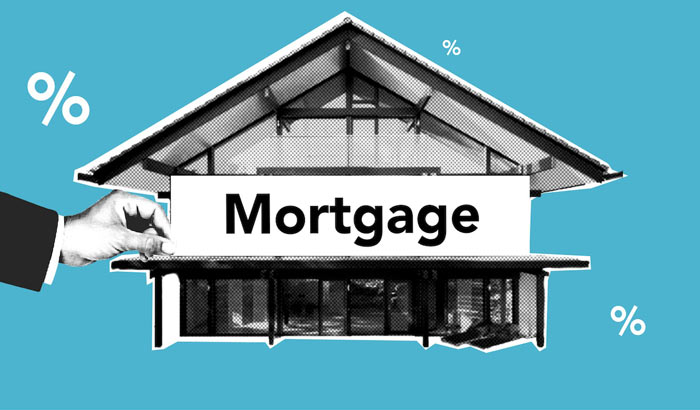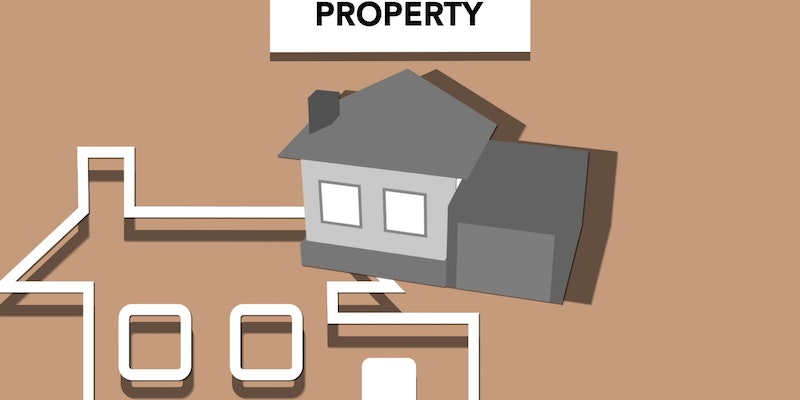Before signing agreements or making deposits, most home buyers probably invest significant time and effort to find or design "the best home."
A house hunt typically considers cost, location, market trends, homeowners association fees, real estate taxes, and the state of the property.
Furthermore, every buyer often compiles a wish list of particular needs (i.e., things they absolutely must have) and desires (the amenities the buyer would like but can do without if necessary).
According to the United States Census Bureau, the average cost of a new home in Nov 2022 was $543,600, up from $496,900 in Jan 2022.
The housing market is undoubtedly in flux due to rising costs, inflation, and high-interest rates, all contributing to the affordability crisis. And figuring out whether it is cheaper to buy or build a home is becoming increasingly difficult.
Advantages of Buying an Existing Home

Buying an existing property has two main benefits: cost and convenience. Once your lender has pre-approved you, you can look around, choose a house, and submit an offer.
An experienced real estate broker can speed up the process by assisting you in searching for suitable properties, advising you during negotiations, and handling the paperwork. Depending on the conditions, you can close on the sale and relocate within a few weeks after your offer is accepted.
Although there are a lot of steps in the process, including financing, touring properties, making offers, having the property inspected, and closing, many people prefer an existing home to one being built since it is more convenient to settle in right away.
Advantages of Building a Home

The convenience of purchasing an existing home is better than that of building a brand-new one.
You need to find the site, which might not be in an established neighborhood, and allow time to find a constructor or architect and select each component of the new house.
Working with a professional contractor and having a solid agreement in place will help reduce the chance that your home may cost more than anticipated or take longer.
The main benefit is that you have a considerably higher chance of getting your desired results. Improved efficiency can reduce your monthly utility costs and benefit the environment.
Costs of Building a House Vs. Buying a House
The cost is essential when deciding whether to build a home or buy an existing one. It would be best if you do not overspend on a mortgage or a project that will put you in debt for many years,
What is the cost difference between building and buying a home? Generally, the cost fluctuates depending on your area, desired home type, and timescale. So, let's look at the national average cost difference between built and purchased homes.
According to the United States Department of Housing and Urban Development (HUD) and the United States Census Bureau, the average cost of a newly constructed home for homeowners financing it with a mortgage is $528,000. However, the average sale price of a new house is $442,000.
The National Association of Realtors calculated the average cost of existing homes in the U.S. to be roughly $366,900. Due to the increase in home prices over the previous year, this is a 2.3% rise from the average cost in December 2021. This average cost includes all different property kinds, from one to seven bedrooms, so it might not accurately represent the costs you're experiencing in your neighborhood.
Building Vs. Buying: Which is Cheaper
The average price to build a home in 2022 was $543,600. In contrast, existing homes cost over $442,000 on average. If you do some quick calculations, you may save roughly $141,000 by buying an existing house instead of a new one.
In recent years, prices have increased for newly built and existing homes. Nonetheless, building a house is usually more expensive than purchasing one. And you can see why, don't you? Buying something brand-new is nearly always costlier than doing so when it comes to cars, handbags, or other items. Consider the price difference between purchasing new pants from a retail shop and a pair from a thrift store. Even so, that is an extreme example. You realize that used goods are less expensive.
Also, contractors are paying more for labor, fuel, and other commodities, such as building materials, due to inflation and issues with the supply chain. To sum up, buying an existing home is cheaper than building a new one!
Which is Better: Building Vs. Buying a Home
You may still be debating between buying and building a home. You want to make the right choice because it's a challenging one.
Choosing the more cost-effective option and purchasing an existing home is normally preferable if you're a first-time homebuyer. Before you embark on the adventure of building a new house, you will save money and gain some homeownership experience. You'll have more time to accumulate equity, which is the worth of your house, less any outstanding debt. You can utilize the equity from the sale of your first house to assist in financing the building of your next one.
If you're an experienced property buyer, building a new home might be an exciting experience for you! You can manage all the homeownership expenses, such as upkeep and utility expenditures while staying within the 25% cap.




